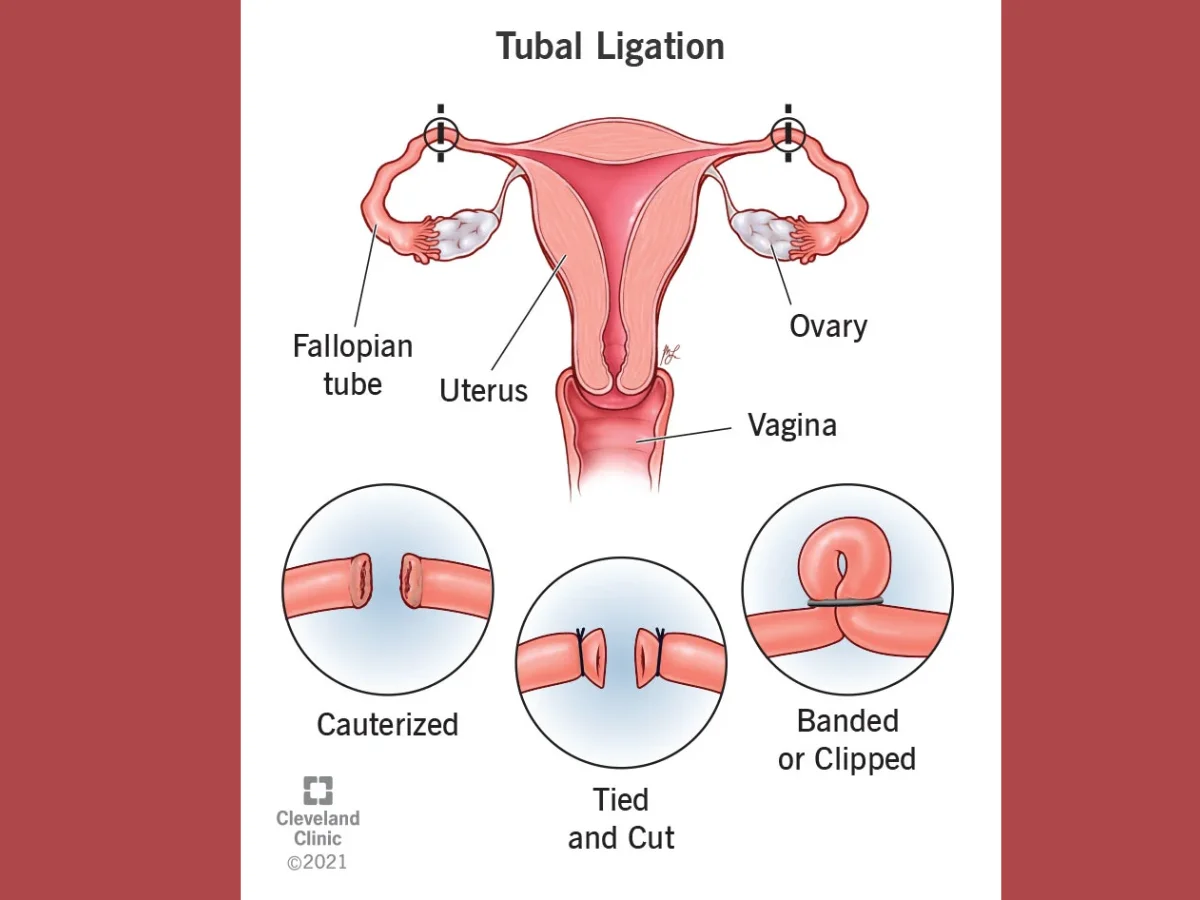Introduction
Tubal ligation, often referred to as “getting your tubes tied,” is a permanent method of birth control for women. While it is highly effective in preventing pregnancy, some women may wonder if it can cause scar tissue. In this article, we will explore the concept of scar tissue formation after tubal ligation and provide insights into what you need to know about this procedure.
Understanding Tubal Ligation
What is Tubal Ligation?
Tubal ligation is a surgical procedure that involves blocking, sealing, or cutting the fallopian tubes. This prevents eggs from traveling from the ovaries into the fallopian tubes, where they can meet sperm.
Permanent Birth Control
Tubal ligation is considered a permanent form of birth control, making it a suitable option for women who are certain they do not want to have more children.
The Surgical Process
How is Tubal Ligation Performed?
During the procedure, a surgeon can access the fallopian tubes through an abdominal incision or through laparoscopy, a minimally invasive procedure. The tubes are then sealed, cut, or blocked to prevent the passage of eggs.
Anesthesia and Recovery
Most tubal ligations are performed under general anesthesia, and recovery times vary depending on the method used. Laparoscopic procedures generally have a shorter recovery period.
Scar Tissue and Tubal Ligation
Scar Formation
It is normal for some scar tissue to form after any surgical procedure, including tubal ligation. Scar tissue is the body’s natural response to healing and is part of the body’s repair process.
Location of Scar Tissue
The scar tissue that forms after tubal ligation typically occurs at the site where the fallopian tubes were sealed, cut, or blocked. This scar tissue prevents the tubes from rejoining and allows for effective contraception.
Potential Issues and Concerns
Adhesion Formation
In some cases, the scar tissue from tubal ligation can lead to adhesions, where organs or tissues become stuck together. Adhesions can cause discomfort and, in rare cases, fertility issues.
Ectopic Pregnancy
While tubal ligation is highly effective at preventing pregnancy, there is a small risk of ectopic pregnancy, where a fertilized egg implants outside the uterus. Scar tissue can contribute to this rare occurrence.
Management and Follow-Up
Monitoring Your Health
It’s important to attend regular check-ups with your healthcare provider after tubal ligation to monitor your overall health and address any concerns.
Discussing Symptoms
If you experience unusual symptoms or have concerns about scar tissue or adhesions, don’t hesitate to discuss them with your healthcare provider. Early detection and management are essential.
Conclusion
Tubal ligation is a safe and effective form of permanent birth control for women. While it is normal for some scar tissue to form after the procedure, this scar tissue is typically localized to the site of the fallopian tube manipulation. While potential issues such as adhesions and ectopic pregnancy are rare, it’s essential to stay informed and communicate openly with your healthcare provider. Tubal ligation remains a reliable choice for women seeking permanent contraception.
FAQs
FAQ 1: Is tubal ligation reversible?
Tubal ligation is intended to be a permanent procedure, but there are surgical techniques to attempt to reverse it. However, reversal is not always successful, and it’s important to consider it carefully.
FAQ 2: Can scar tissue from tubal ligation cause pain?
Scar tissue itself does not typically cause pain. However, adhesions or other complications can lead to discomfort or pain, and these should be discussed with a healthcare provider.
FAQ 3: How effective is tubal ligation in preventing pregnancy?
Tubal ligation is highly effective, with a very low failure rate. It is considered one of the most reliable forms of contraception.
FAQ 4: Are there alternative methods of permanent birth control for women?
Yes, alternative methods include hysterectomy and newer procedures like hysteroscopic sterilization. Each method has its own considerations and should be discussed with a healthcare provider.
FAQ 5: Can I have tubal ligation if I’ve had a C-section?
Yes, tubal ligation can be performed during a C-section if you desire permanent contraception at the time of childbirth. Discuss this option with your obstetrician.
Read more: https://lookupin.co.uk/
More Related:
Debunking the Myth: Is a Young Scot Card Valid ID?
Boom Car Insurance Review: Is It Worth Your Investment?
What Brake Pads Do I Need for a Carrera Vengeance: A Comprehensive Guide
How Much VAT Can You Claim Back on a Lease Car: A Comprehensive Guide
How Much Does It Cost to Open a Self-Service Car Wash in the UK: A Detailed Guide
